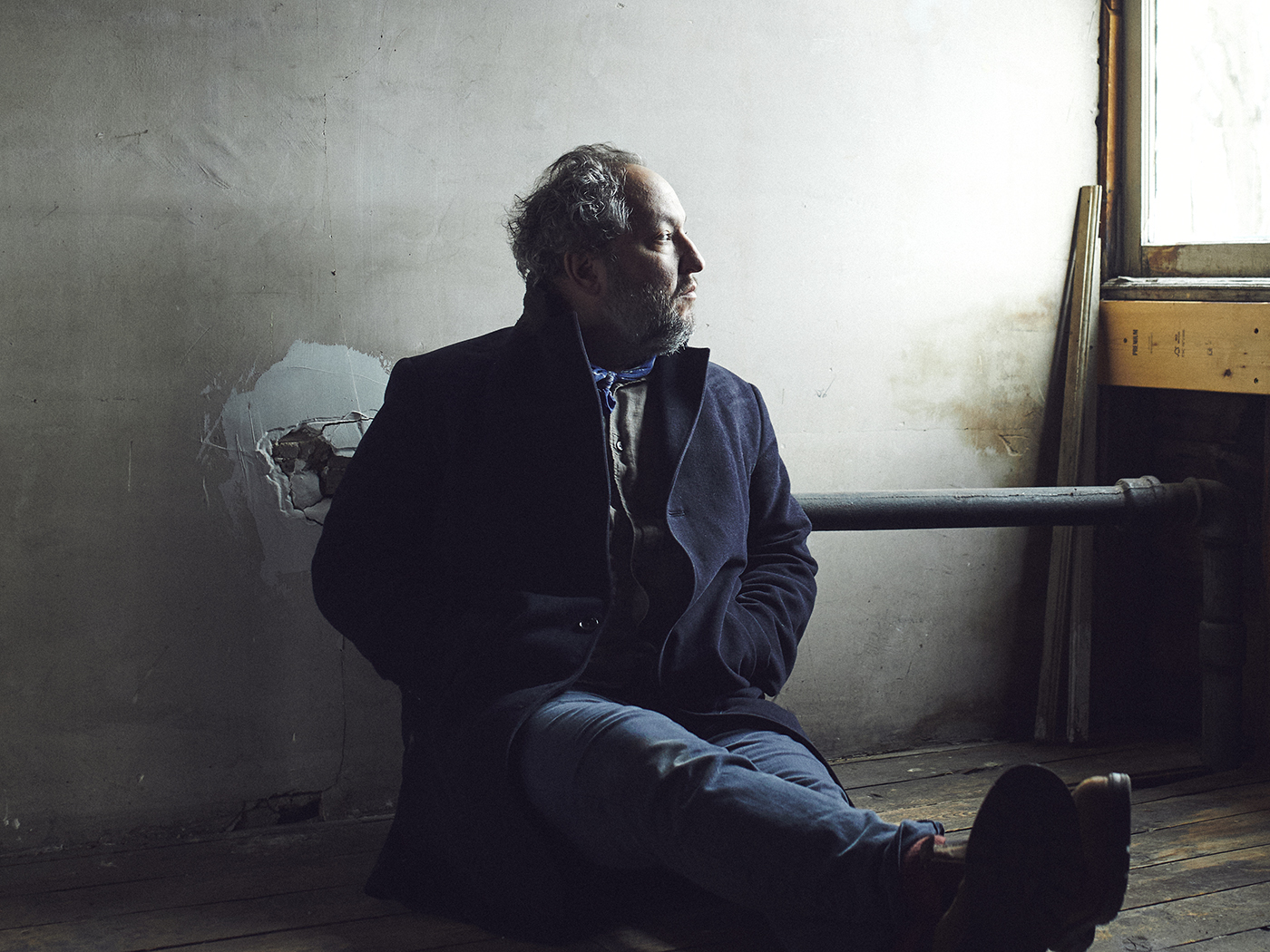
Every so often, an ageing agit-rocker will crawl out of the woodwork to bemoan that the abject state of our governments is not being met with suitable ire from the current generation of songwriters. Where are our Bob Dylans, our Joe Strummers, our Rage Against The Machines? Obviously this is a load of old cobblers: pop is as diverse and engaged as it’s ever been, with young musicians at the vanguard of campaigns for racial equality, social justice and a ceasefire in Gaza. You don’t need to literally write a song about it.
JONI MITCHELL IS ON THE COVER OF THE NEW UNCUT – ORDER YOUR COPY HERE!
This clamour for old-fashioned punk dissent overlooks the fact that it’s also the job of music to create utopias; that the quest for bliss is also an act of resistance. Hence the current yearning for ambient and New Age atmospheres that has united musicians from the fields of jazz, folk, electronica, neo-classical and, in this case, psychedelic rock. This mass retreat to calmer terrain is more than mere escapism – it’s an attempt to dream a better world based on principles of compassion, contemplation and consideration of beauty.
As with most of the musicians currently occupying this liminal space, Ezra Feinberg is no lightweight; his soothing prescriptions are effective precisely because they carry the wisdom of years of thoughtful musical study and exploration. Back in the 2000s, he led the psychedelic folk-rock band Citay, who were Bay Area contemporaries of Comets On Fire and Wooden Shjips. Beginning with 2018’s Pentimento And Others, his solo albums have ditched the band set-up for a series of more intimate and specific drone-folk surveys.
On Soft Power it feels like Feinberg’s finally broken through to the other side, jettisoning the last remnants of psych-rock fuzz and emerging with a fresh, shimmering palette of electric piano, woodwind, cosmic synths and a fingerpicked acoustic guitar that, in the absence of traditional rock beats, often provides the metronomic undertow. Opener “Future Sand” is mildly psychedelic in its own way, like stepping out into a bright spring morning after the first coffee of the day. “Soft Power” itself is a perfect beach sunset, twin flutes dipping and rising purposefully out of the rippling haze. “Flutter Intensity” (with a knowing glance in Stereolab’s direction) is a candy-floss confection of vibraphone jazz, modular synth-pop and the lightest of yé-yé grooves. And even while the motorik throb of album centrepiece “The Big Clock” hints at a sense of urgency, it never becomes hasty or insistent. This is a place where time is suspended, rather than something to be counted or chased.
Feinberg now lives in New York’s Hudson Valley, but his music retains a West Coast sensibility, placing it in the lineage of both The Beach Boys and The San Francisco Tape Music Center. You can imagine it playing in a minimalist Malibu apartment overlooking the ocean, sofa by Charles & Ray Eames, Richard Diebenkorn painting on the wall. There is an unashamedly functional quality to Soft Power that brings obvious comparisons with Brian Eno’s Ambient series and the Japanese genre of kankyō ongaku (‘environmental music’). But as with the best of those records, it’s so meticulously and lovingly crafted that it quickly transcends its background listening functionality to offer a glimpse of the sublime via rapt contemplation of the everyday.
You will certainly dig this album if you enjoyed Arp’s terrific 2018 album Zebra, on which Feinberg played guitar and marimba, alongside several other musicians who reprise their roles here. John Thayer acted as Feinberg’s primary creative foil on Soft Power, furnishing his basic tracks with simpatico synth and drum patterns. David Lackner then added the crucial flute and clarinet parts, with Jefre Cantu-Ledesma sprinkling his signature synth magic over a couple of tracks.
Other carefully chosen guests include Bing & Ruth’s David Moore on keys, tracing similar celestial arcs to those he drew on last year’s Steve Gunn collab Let The Moon Be A Planet; and harpist Mary Lattimore, whose presence is almost always an indicator of tasteful repose. On the wryly titled album closer “Get Some Rest”, she answers Lackner’s quizzical flute motifs with reassuring rolled chords, deferring any anxiety for another day. The sense of restraint is as palpable and powerful as it would have been had Feinberg spent these 40 minutes thrashing at a Stratocaster or raging wildly against the machine. Softness is his superpower.






